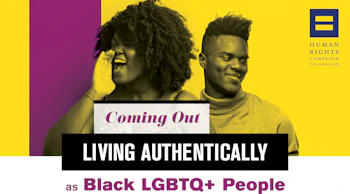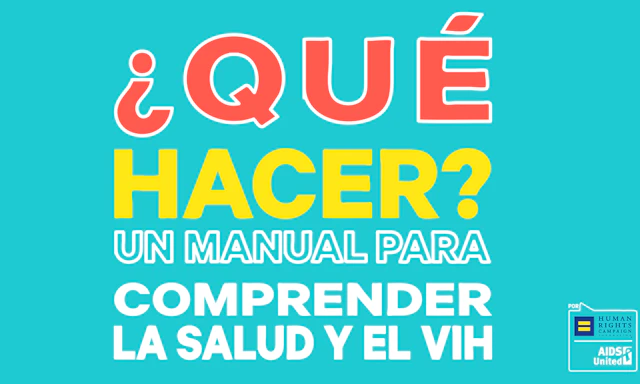
Coming Out: Living Authentically as Black LGBTQ+ People

We all deserve the right to live our lives genuinely, completely and honestly. Race, ethnicity, language, religion, culture, gender expression, sexual orientation and gender identity should never be barriers to us living our full lives. For LGBTQ+ people, coming out is often a significant part of reclaiming this right and living in our identity publicly.
For those who identify as Black LGBTQ+ people, the coming out process can be complex to navigate. Coming Out: Living Authentically as Black LGBTQ+ People is designed for those embarking on their own coming out journey at the intersections of LGBTQ+ and Black identities. This guide aims to recognize the unique experiences Black LGBTQ+ people have in coming out, while understanding that coming out is a personal choice and the lifelong coming out experience is different for everyone.

Coming Out: Living Authentically as Black LGBTQ+ People
- Topics:
- Coming Out
- Communities of Color
- Research
Love Conquers Hate


